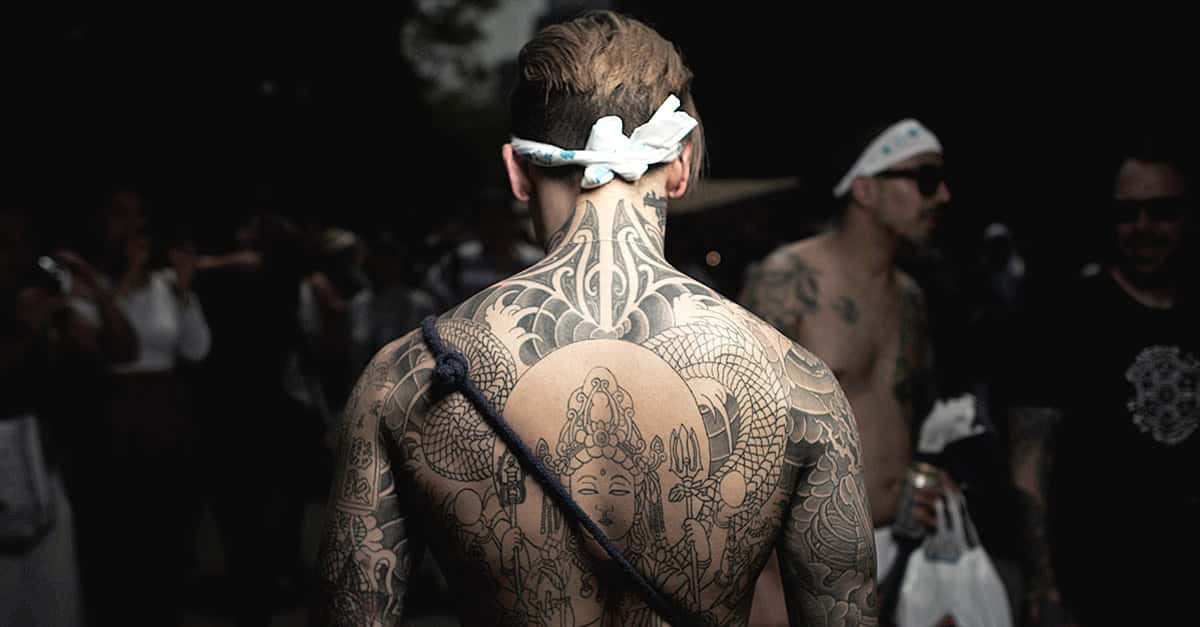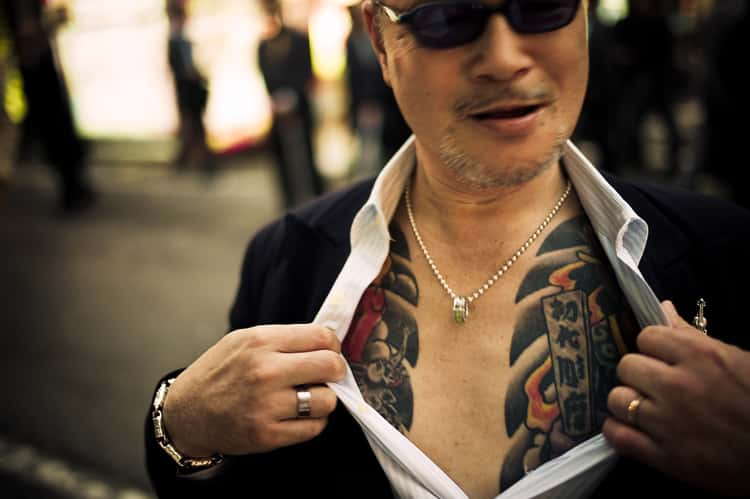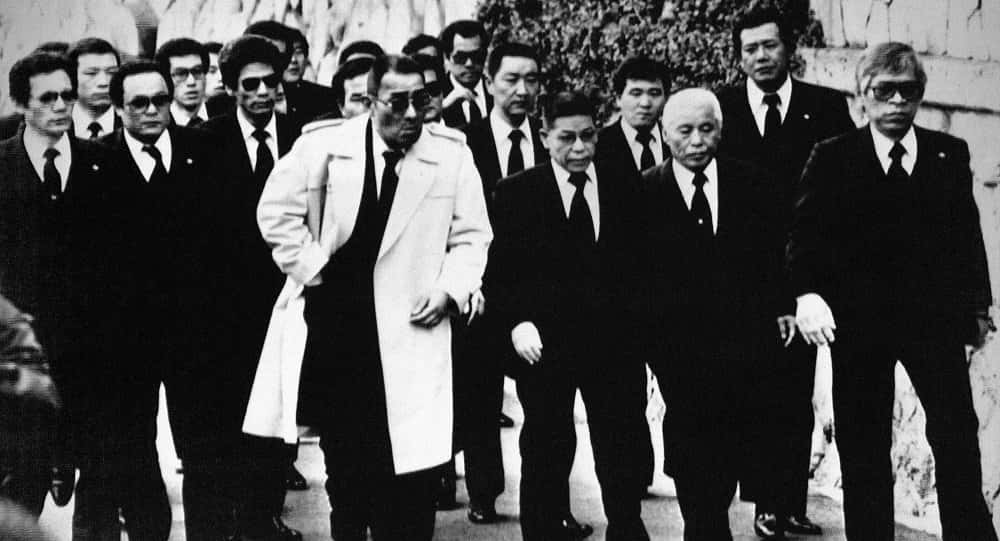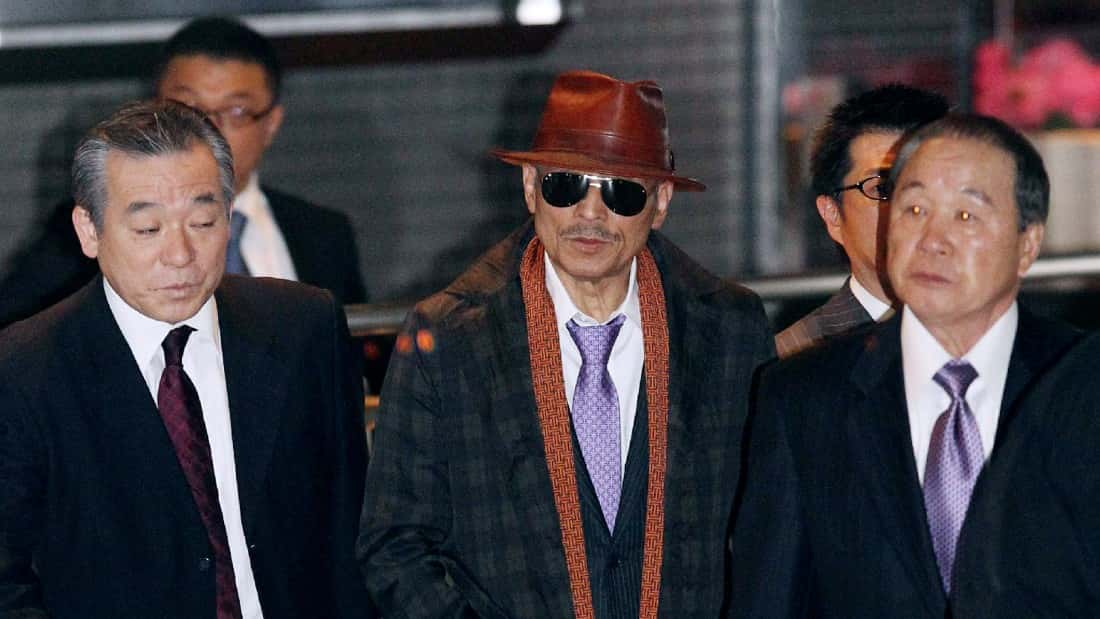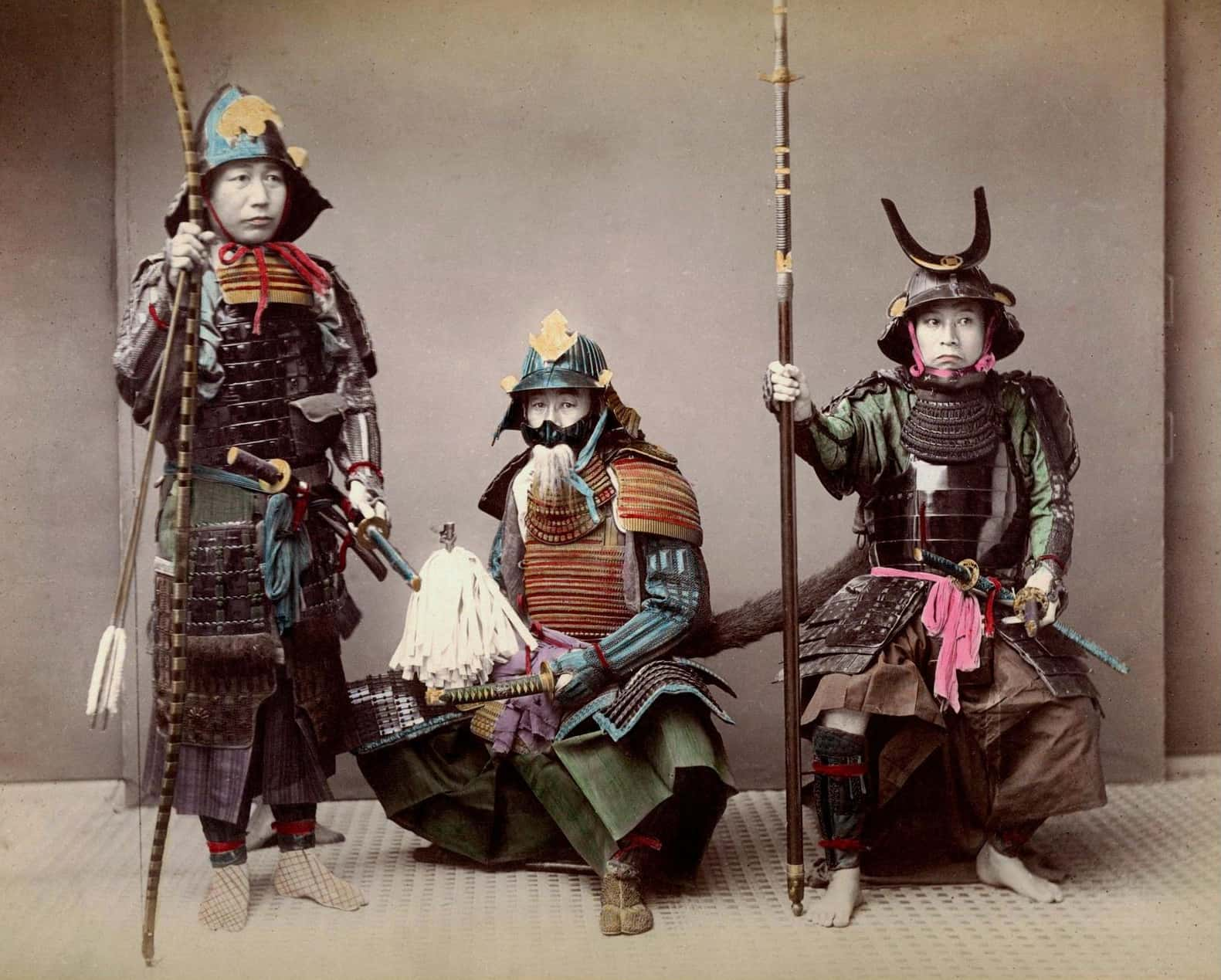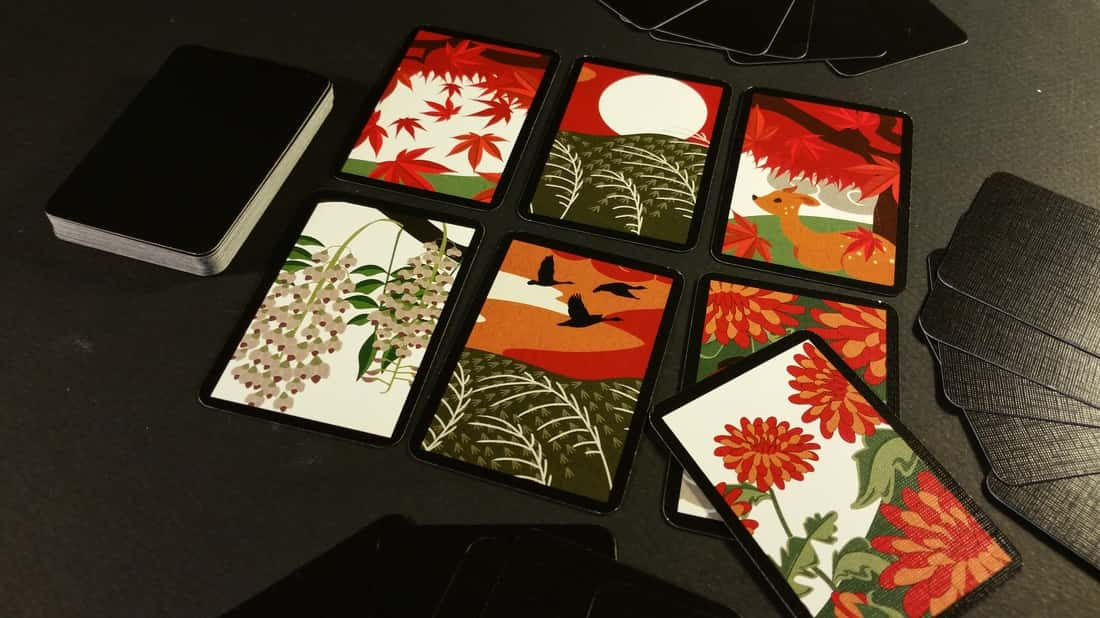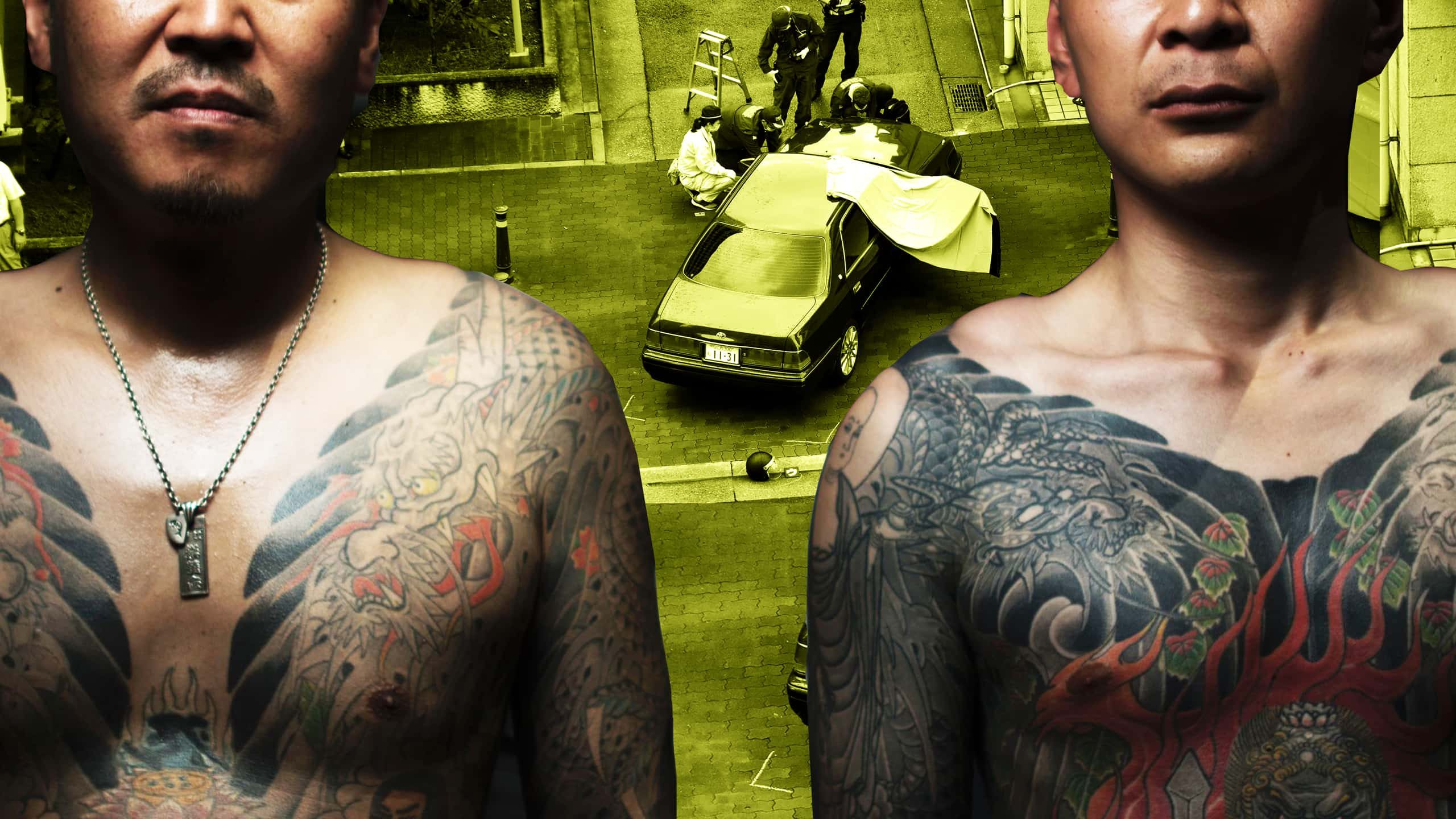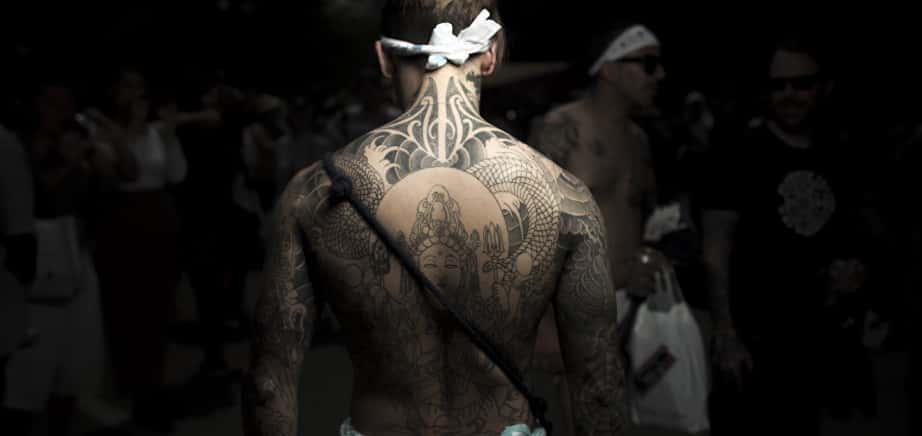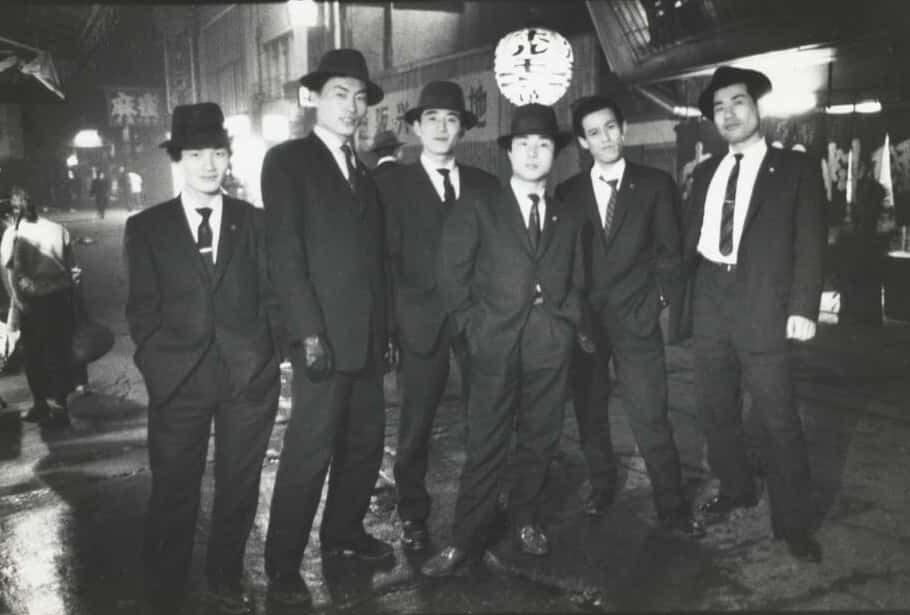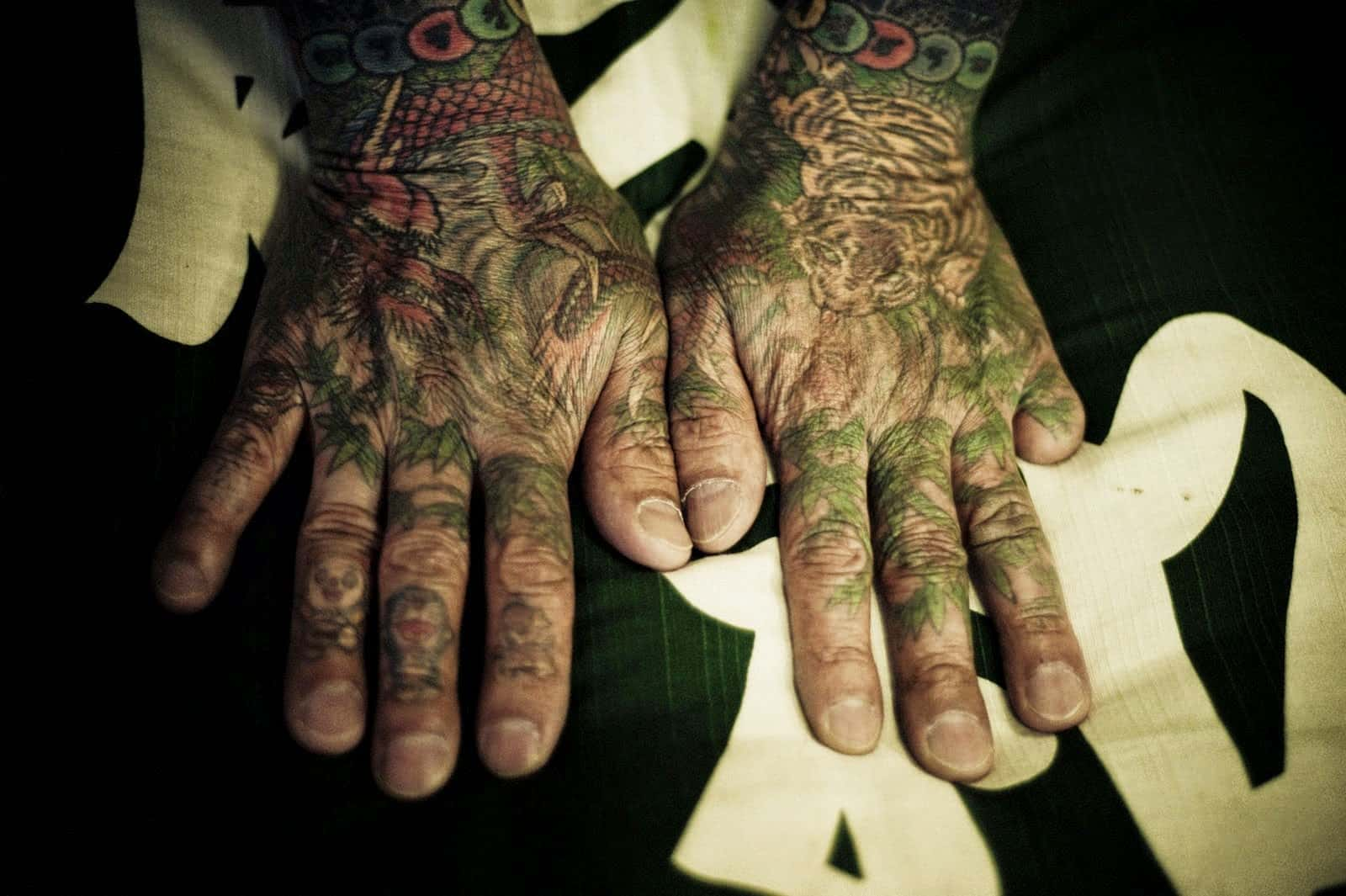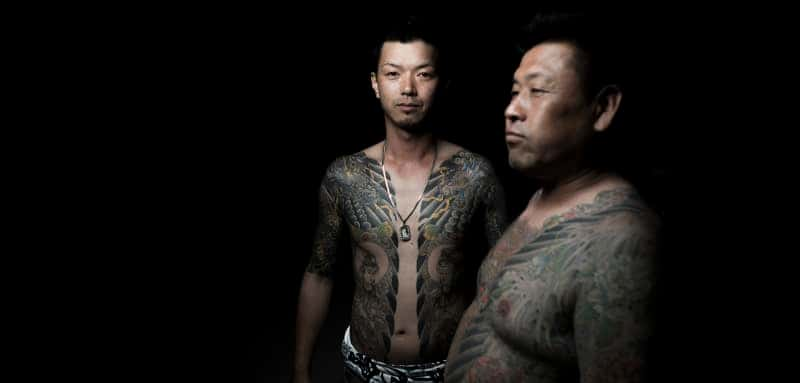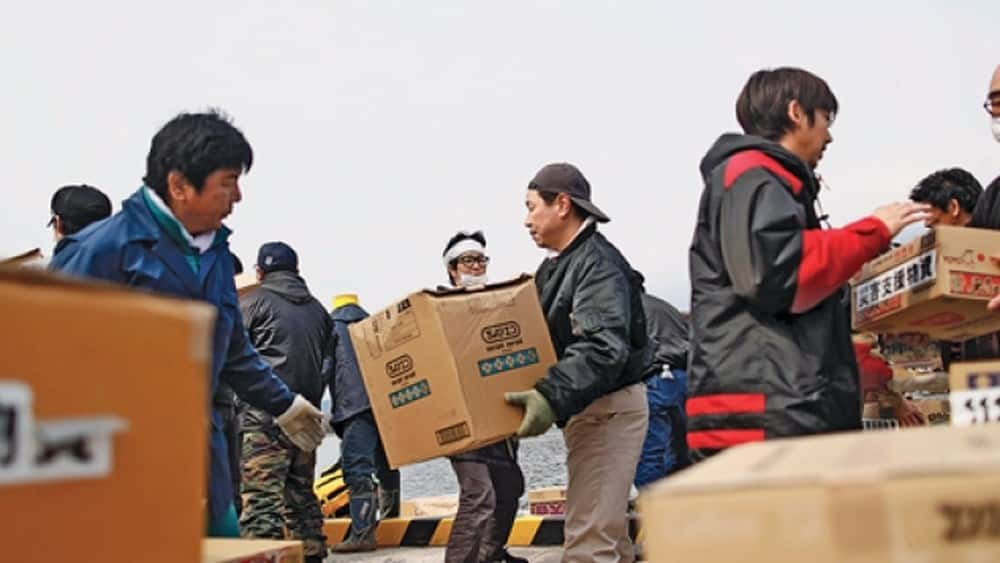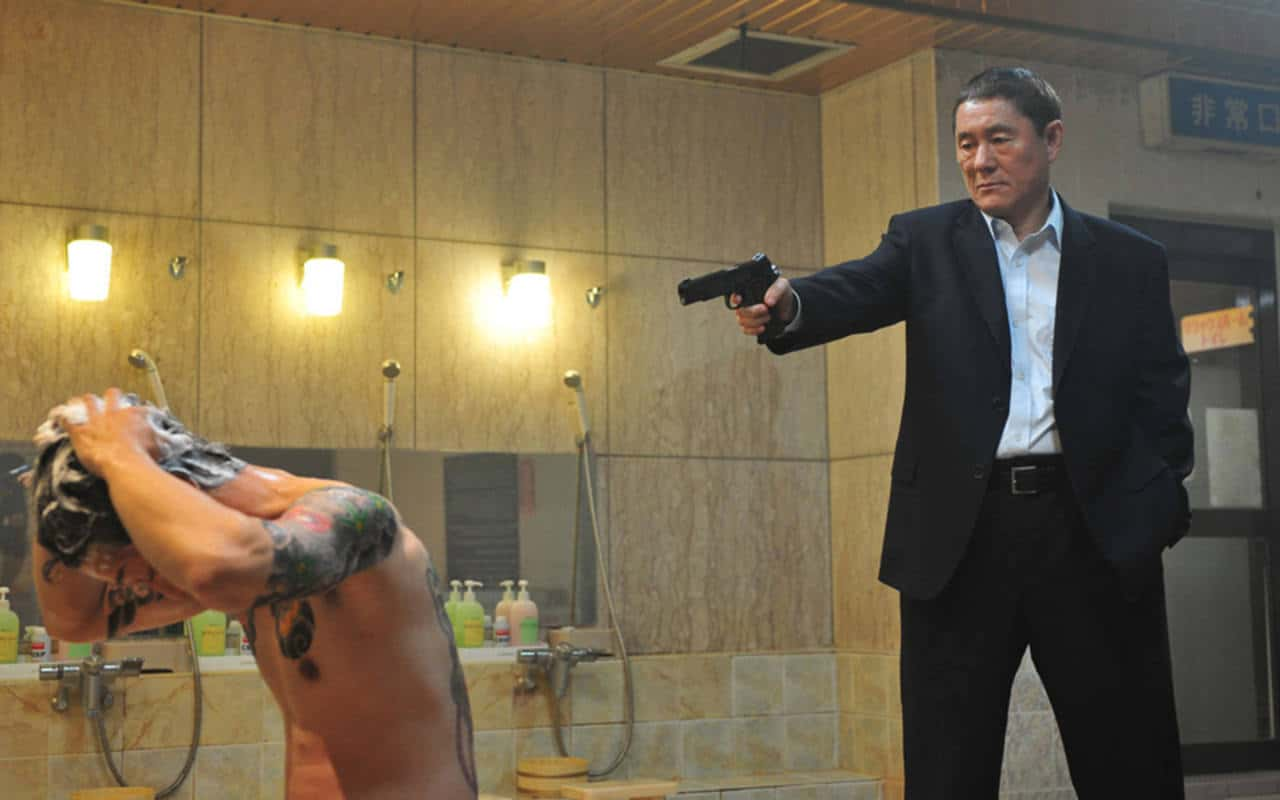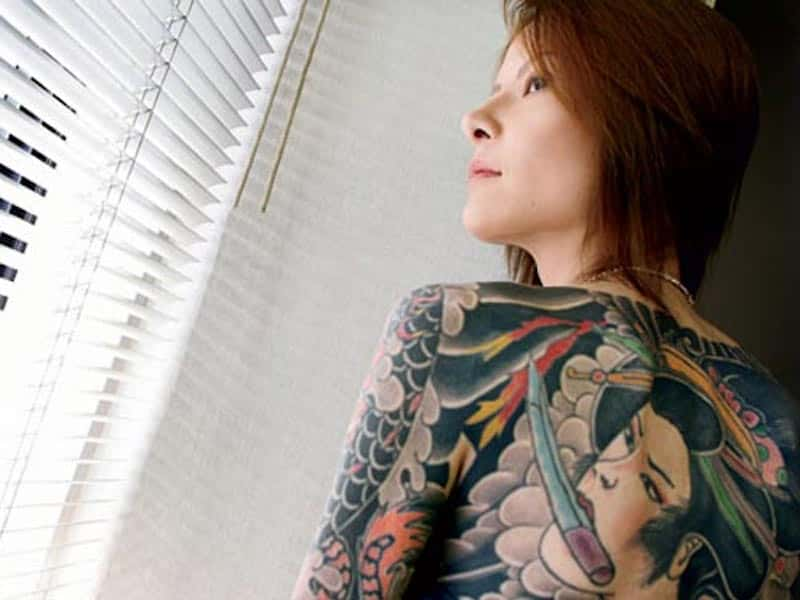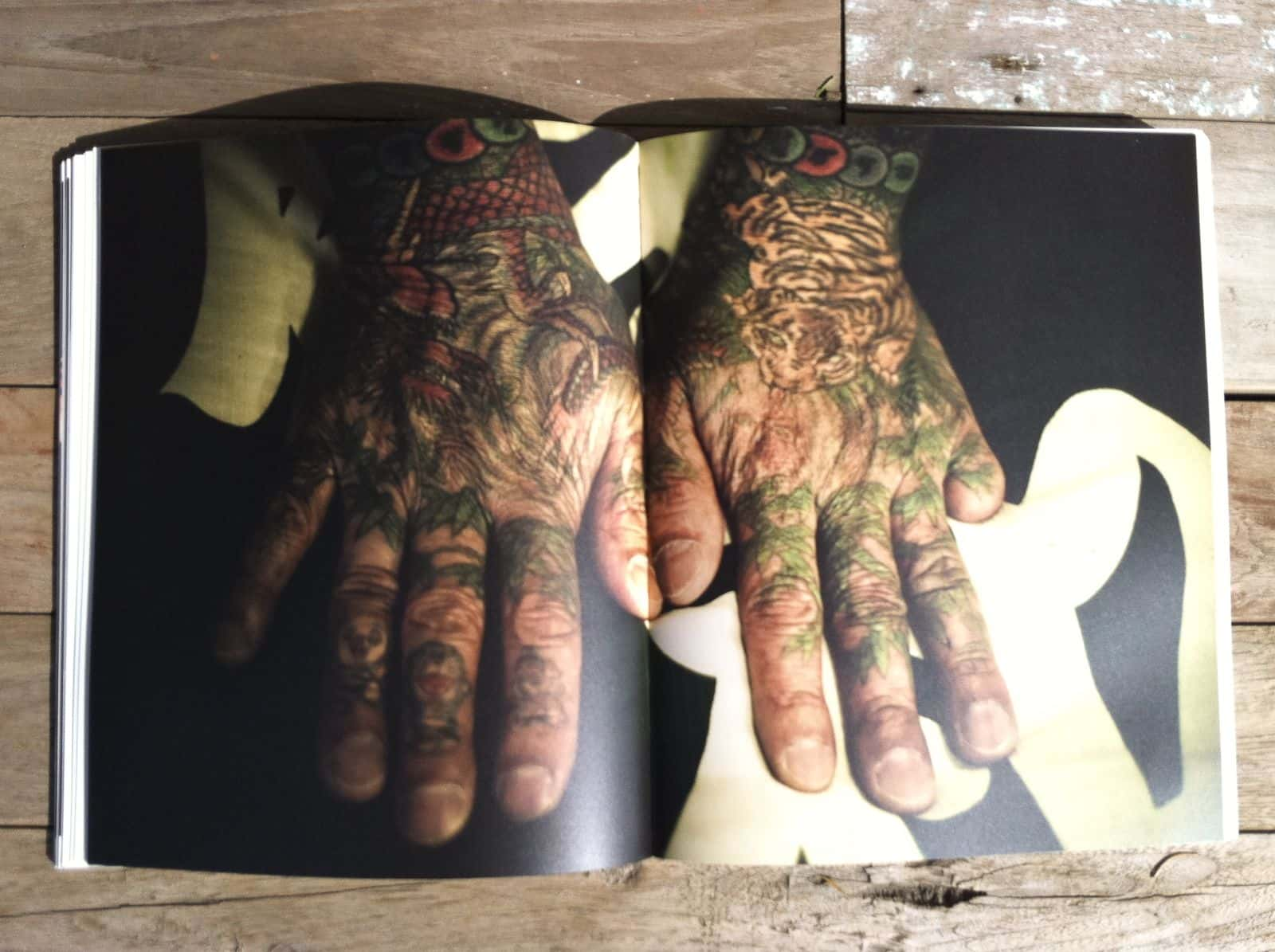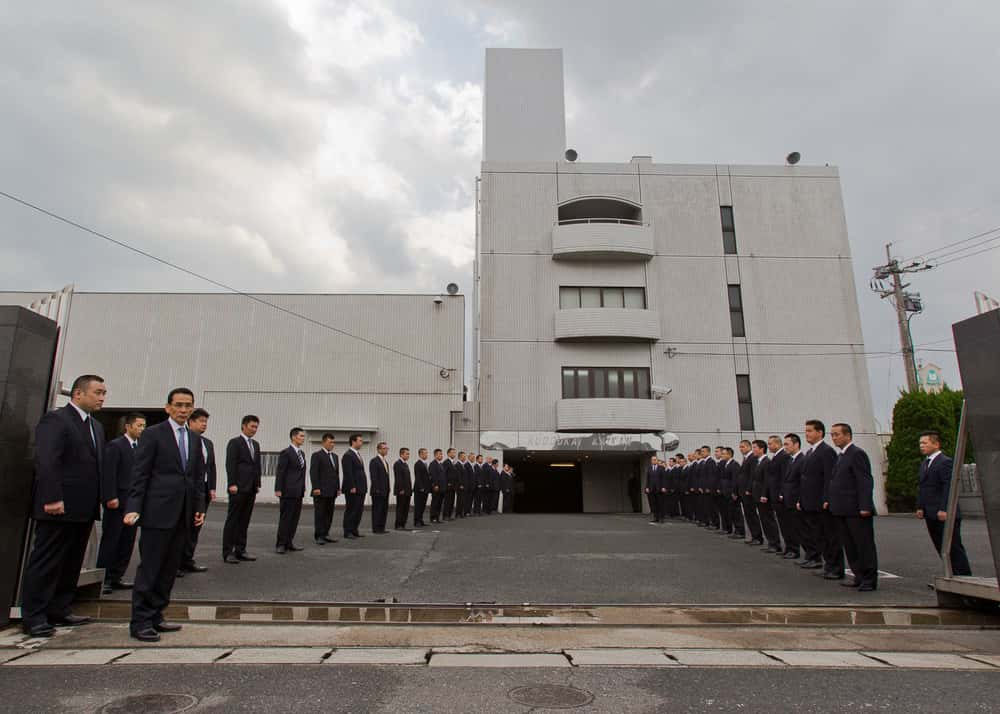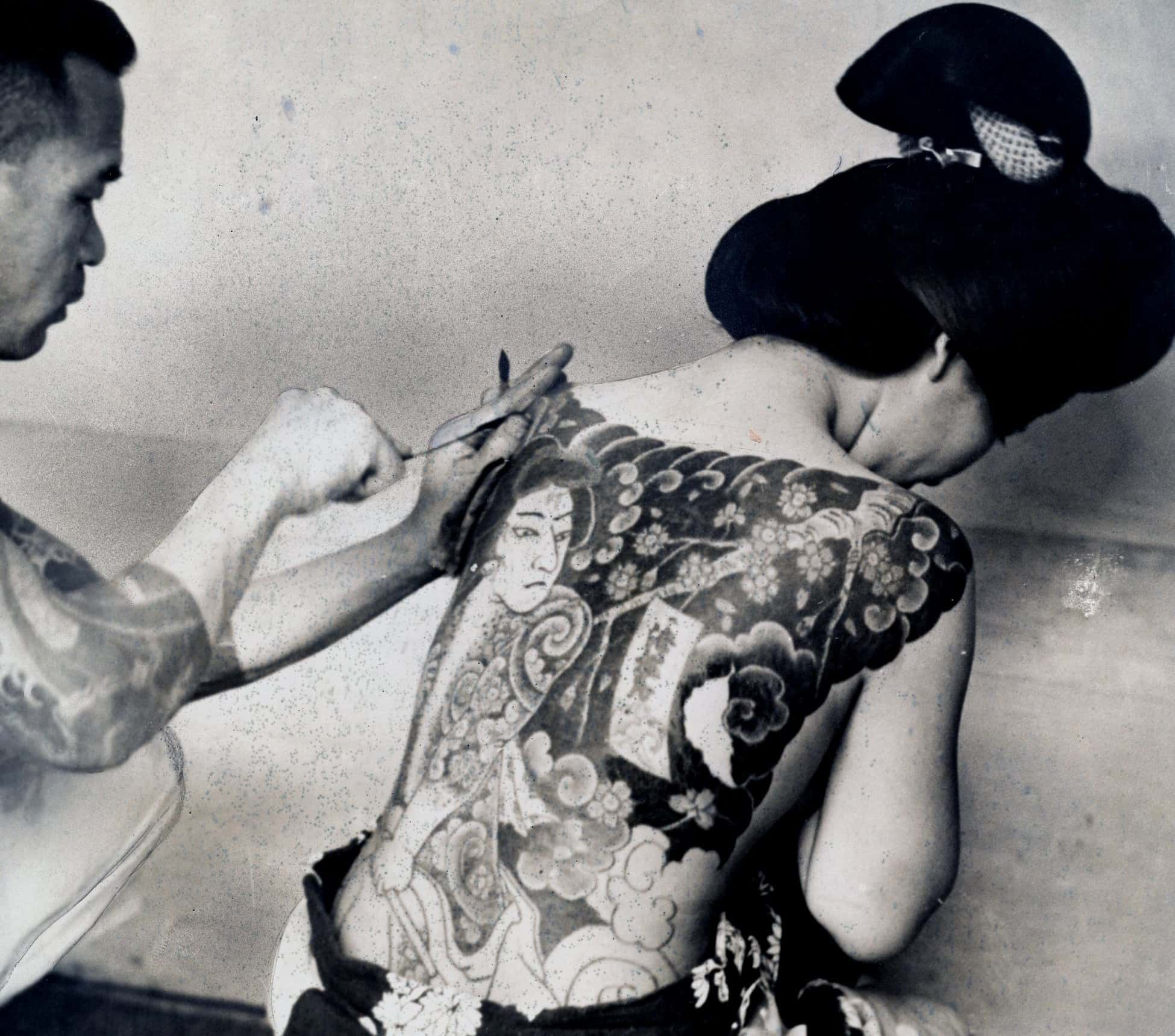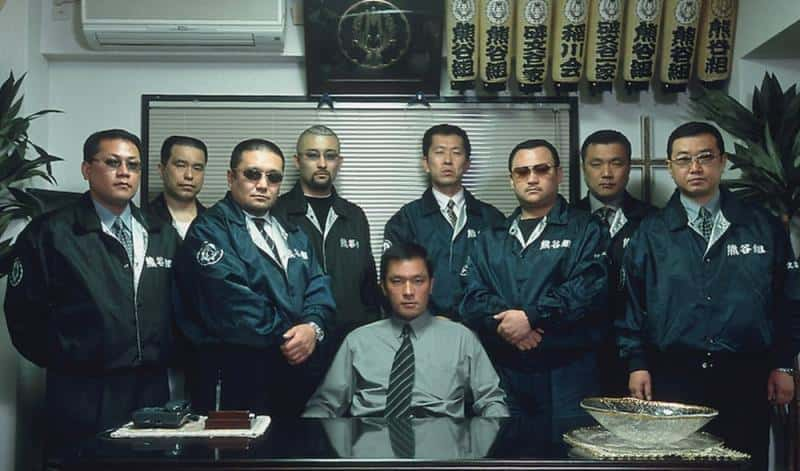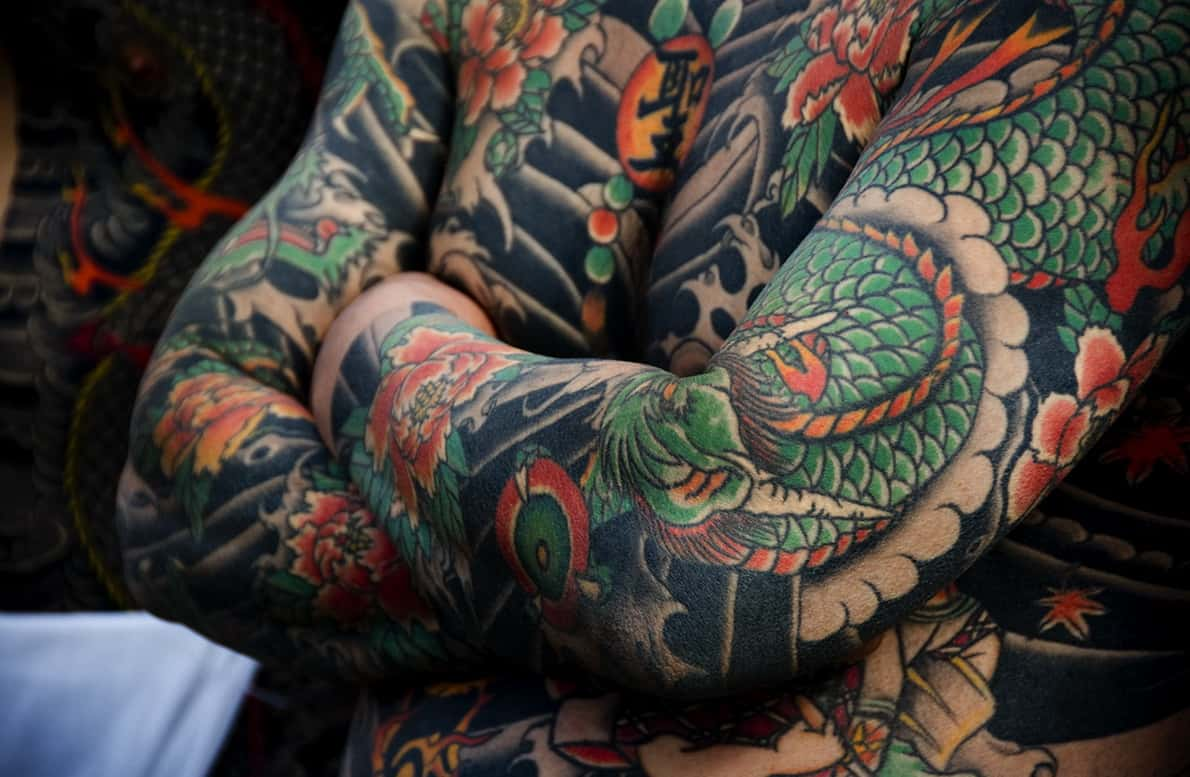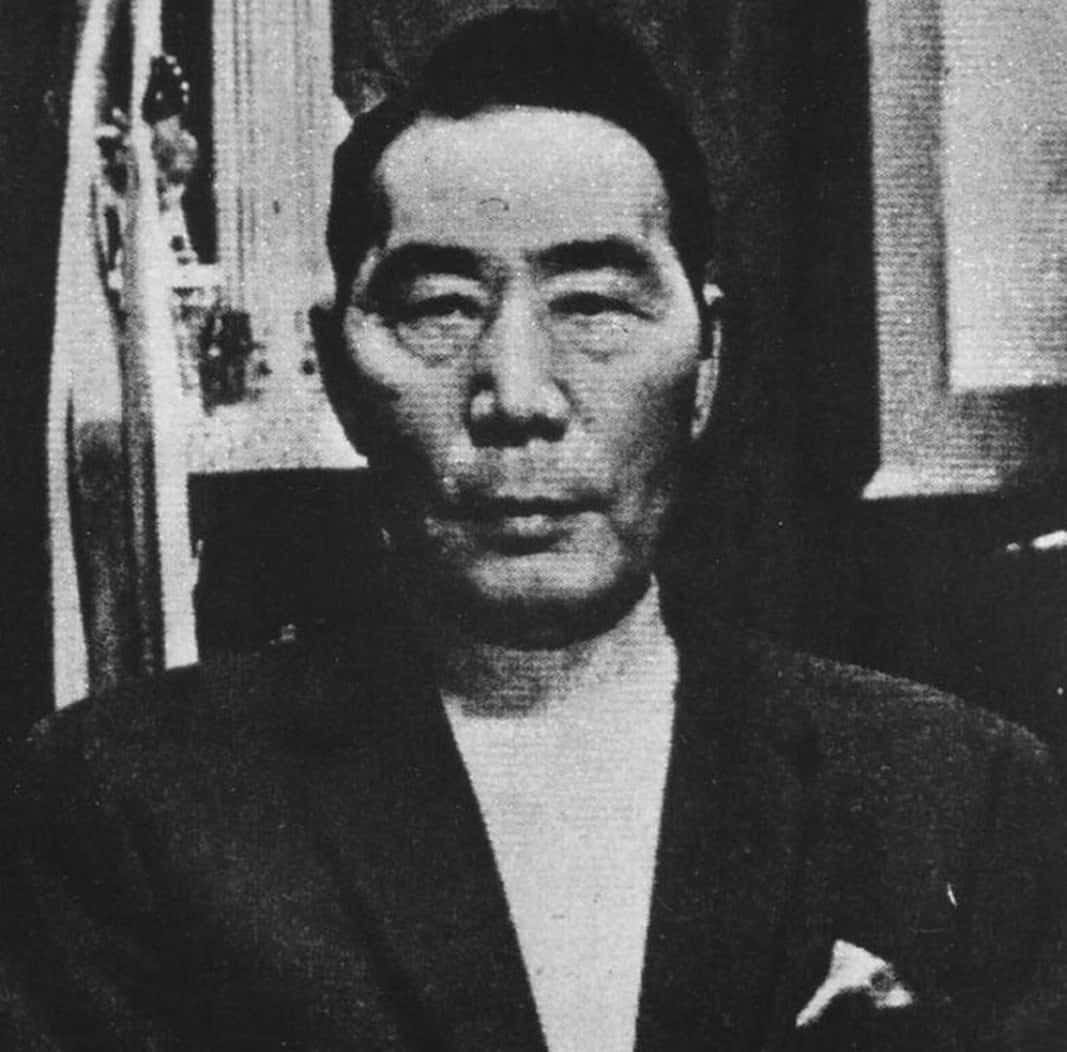“Honor without power was a useless decoration and power without honor was the simple flexing of muscle”― H.J. Brues, Yakuza Pride
The Yakuza are an extremely old crime syndicate with origins in Japan and a presence around the world. This infamous gang is known for its stringent code of behavior and its feudal structure, reminiscent of the Samurai of old. It's estimated that they have 102,000 members around the globe today, making them the largest criminal organization in the entire world. Extremely different from comparable syndicates around the world, the Yakuza can seem completely mystifying to those who grew up watching The Godfather and Goodfellas, so we're pulling back the curtain to reveal 30 facts about this complicated and fascinating criminal institution.
Yakuza Facts
30. Sinister Meet Ups
The Yakuza run bars called Host/Hostess clubs where patrons can meet a hostess or a host for drinks and conversation. Seems innocent enough, but what actually happens is women attend these clubs to have a "boyfriend experience," and the host convinces them to buy more and more expensive drinks, for which the host gets a commission. At the end of the night, if the woman can’t pay her tab she is made to work off her debt through prostitution. Even worse, the Yakuza have a system set up that ensures these women, sometimes as young as teenagers, are never able to pay off their debts and are forced to become sex slaves.
 Team Xbox
Team Xbox
29. Bloody War
One of the worst Yakuza wars in history took place in 1985, though it was building for a few years prior to that. The problem started when the oyabun (patriarch/father) of Yamaguchi-gumi, the largest Yakuza organization, died of natural causes. His second-in-command was in prison and it was decided that he would become leader when he got out. Unfortunately, he died in prison. The lieutenants elected a new leader, but a man named Hiroshi Yamamoto was unhappy with the outcome. He formed his own gang, the Ichiwa-kai, and promptly shot the elected leader to death, starting the war. By the end of the conflict, 36 people were dead and many more were injured.
28. Political Involvement
Yakuza are particularly large supporters and donors of Japan’s Right Wing Liberal Democratic Party, which has been in power for all but five years since 1955. They also help drum up support for the party by using their influence in rural areas where workers depend on their companies for work.
27. Samurai Heirs
The Yakuza have a lot in common with another famous Japanese institution: the Samurai. Their hierarchical structures are both founded in obedience and honor, they use violence to accomplish their goals, and they believe that pride and honor are of the utmost importance. Because of this, many people consider the Yakuza to be the modern heirs to the legacy of the Samurai.
26. A Bad Hand
The Yakuza get their name from the bakuto faction. In the Japanese card game Oicho-Kabu (a game similar to Baccarat), the cards ya-ku-sa are 8-9-3, the worst possible hand one can draw.
25. Different Views
The Japanese police and media refer to the Yakuza as bōryokudan, which means "violent group." As for internally, the Yakuza refer to themselves as Ninkyō dantai, which means "chivalrous organizations." I guess I wouldn't want to name my own group after a dead hand in a card game.
24. Part of Society
Yakuza members are often considered to be a normal and accepted part of Japanese society—it's not actually illegal to be a member. The police believed that outlawing the Yakuza entirely would only make them go underground and become even more dangerous.
23. US Operation
Over the years, the Yakuza have expanded their operation into the United States, with the largest concentration of members being in Hawaii. A member of the Sumiyoshi-kai syndicate worked with Hawaiian-based gangs to smuggle drugs and organized the smuggling of American guns into Japan.
22. Criminal Origins
The Yakuza are believed to have originated during the mid Edo period (1603-1868) from two separate groups of outcasts, the Tekiya (peddlers) and the Bakuto (gamblers). Both groups were of low rank in Japanese social standings, and gradually began to participate in more organized illegal activities.

History's most fascinating stories and darkest secrets, delivered to your inbox daily.
21. From Head-to-Toe
One of the most common ways that a Yakuza sticks out is from their full-body tattoos. The custom originates from the bakuto, who would cover their bodies in colorful tattoos. The tattoos are called irezumi, and they typically cover the entire body with the exception of a stripe down the middle of the chest. Having a tattoo is a symbol of wealth, and they also prove a man's toughness because the traditional process is extremely painful and takes many hours.
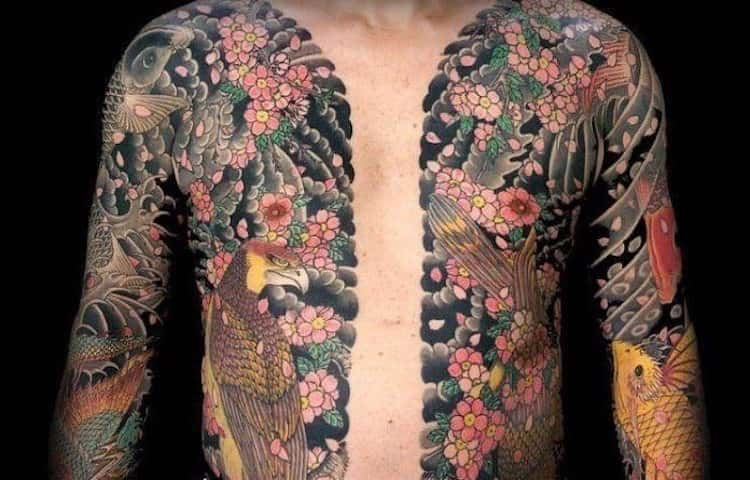 Traditional Anese Tattoo Artist
Traditional Anese Tattoo Artist
20. Bit-by-Bit
A customary punishment for committing a wrong in the Yakuza involves the offending party cutting off a portion of their pinky finger and giving it to their boss. In ancient times, someone who was missing part of a finger would not be able to use their sword as freely and thus would depend on his superior for protection.
19. Pyramid
The Yakuza hierarchy is organized in a pyramid structure. The patriarch, called the kumicho, is at the top of the family, and his lieutenants, under-bosses and other minor gang members go down the pyramid.
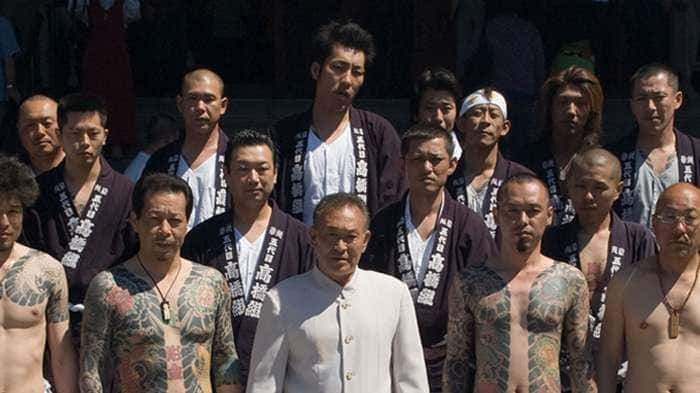 Bangkapos
Bangkapos
18. Father-Son Relationship
All Yakuza clans are bound together by the oyabun-kobun relationship—roles that have been compared to master and apprentice as well as father and son. The kobun gives his oyabun complete obedience and loyalty in exchange for guidance and protection. Any clan member can be both kobun and oyabun, acting as boss to those below him and a subordinate to those above.
17. Helping Hand
For all of their criminal activities, the Yakuza are also quick to lend a helping hand in times of need. After the 2011 Tsunami, the organization was among the first to go to the affected areas. In 1995 after a horrible earthquake, the Yakuza delivered supplies using helicopters, scooters and boats. It’s been suggested that their outcast origins make them sympathetic to people who are struggling, but some people think it’s simply a PR stunt designed to make it more difficult for the police to crack down on them.
16. Reluctant to Kill
Despite the myths that portray the Yakuza as merciless killers, they are in fact reluctant to kill unless in self defense. Instead, they prefer to use lesser methods such as yubitsume (cutting off a finger) for punishment.
15. Sex Trade and Trafficking
Human trafficking is a big problem in Japan, and most of it is controlled by the Yakuza, though it actually began as a sanctioned operation. During WWII, they worked with the Japanese government to supply women to the soldiers, and expanded into pornography, human trafficking, and sex tourism.
14.With Honor
The Yakuza do not view violent death as something terrible. Dying violently is considered poetic, tragic and honorable. They also have something of a Robin Hood complex and are known help the weak steal from the rich. These romantic ideas help paint them in a positive light with the public. See? It's all a pubic relations game.
13. Divided by Three
The Yazuka organization is divided up into three main syndicates. The largest syndicate is the Yamaguchi-gumi, which boasts over 55,000 members who are divided into 850 clans. The Yamaguchi syndicate has broad international operations, and as such drew the ire of the US government, who has hit them with sanctions in an attempted crackdown on organized crime.
12. A Positive Image
In 2012, the Yamaguchi-gumi syndicate distributed a newsletter to their regular members as a morale booster. The magazine’s front-page contains instructions for the younger members on how to behave and observe the traditional values of the Yakuza. Haikus, articles on fishing, and appeals to do good work filled the rest of the magazine, which was seen as an attempt to secure some fresh PR for the group.
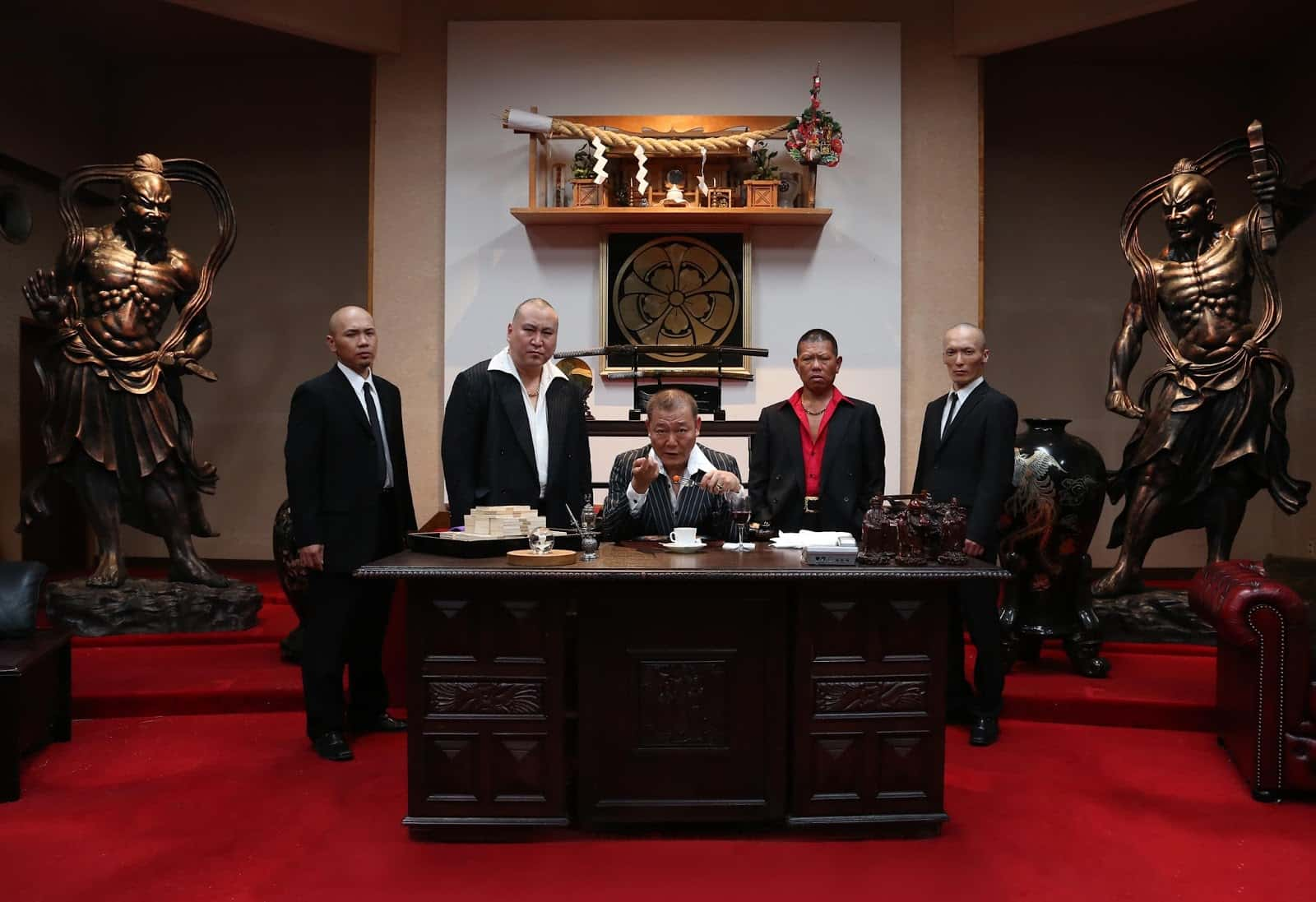 The TIFF Midnight Madness Blog
The TIFF Midnight Madness Blog
11. Sake It to Me
The ritual of sakazuki is the exchange of sake cups between the oyabun (father) and the kobun (son). It's the most important ritual in the Yakuza world and represents a strengthening of the bonds between both them and the organization.
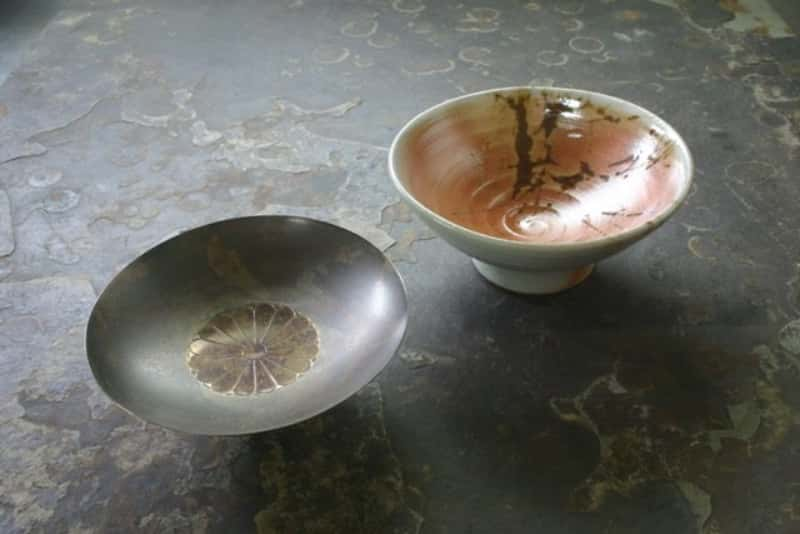 The Yakuza
The Yakuza
10. A Man’s World
There are very few women involved in high profile roles in the Yakuza organization. The few women who are recognized in the organization are generally the wives of bosses and are referred to as ane-san, or older sister. I guess that notorious crime syndicates aren't the first place one ought to look when searching for gender equality.
9. Cramming
If you're turning to a life of crime in Japan because you're sick of school, I've got some bad new for you. All Yamaguchi-gumi members must take a 12-page entrance exam. The test was created to make sure that its members were familiar with the law and to keep them from getting in trouble with the police.
8. Out in the Open
The Yakuza make no attempt to hide their headquarters and even have metal plaques outside identifying them. They do this to keep focus on their legitimate businesses and to allow their bosses to run things from the shadows while keeping their hands clean from being directly involved with the illegal activities.
7. Stigma
The wives of the Yakuza often get the same tattoos as their husbands to show their devotion to their spouses and to the organization. They show off the tattoos at festivals and pose for pictures, but they are still heavily stigmatized by Japanese society because of their Yakuza association, and as such they are unable to go swimming in public.
6. Corporate Blackmail
The Yakuza practice a form of large-scale bribery or blackmail called sokaiya. They begin by buying enough shares in a company to get a place at the table during shareholders meetings. They find out whatever dirt they can on the leadership, and politely threaten to reveal that information at a meeting unless they give them money. Since Japanese people fear being shamed more than just about anything else, the tactic is generally effective.
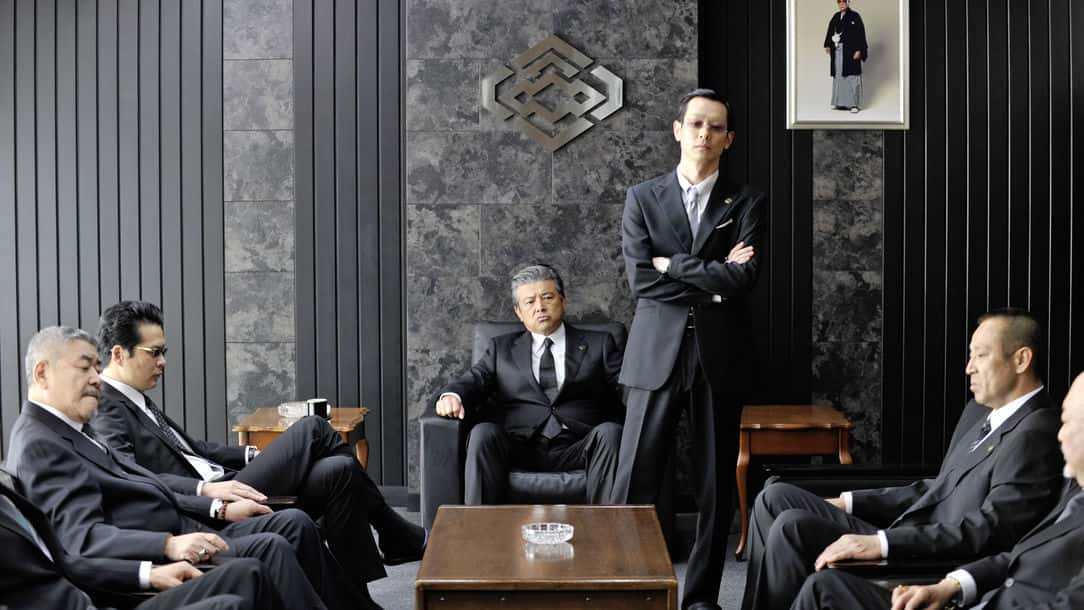 Viennale
Viennale
5. Fighting Back
Yakuza sokaiya became so bad that in 1982, the country introduced laws making it illegal for corporations to pay them off. This did little to quash the Yakuza and simply forced them to find more subtle means of carrying it out. The most successful way that corporations have found of fighting back is by scheduling their shareholder meetings on the same day. Since the Yakuza can’t be everywhere at once, it effectively reduces the number of cases.
4. Adding a Finger
If you look closely, you'll notice that the children's cartoon character Bob the Builder only has four fingers—unless you're in Japan. The Japanese version of Bob is drawn with the full five fingers. Why? They didn't want Japanese children to think that Bob was a member of the Yakuza.
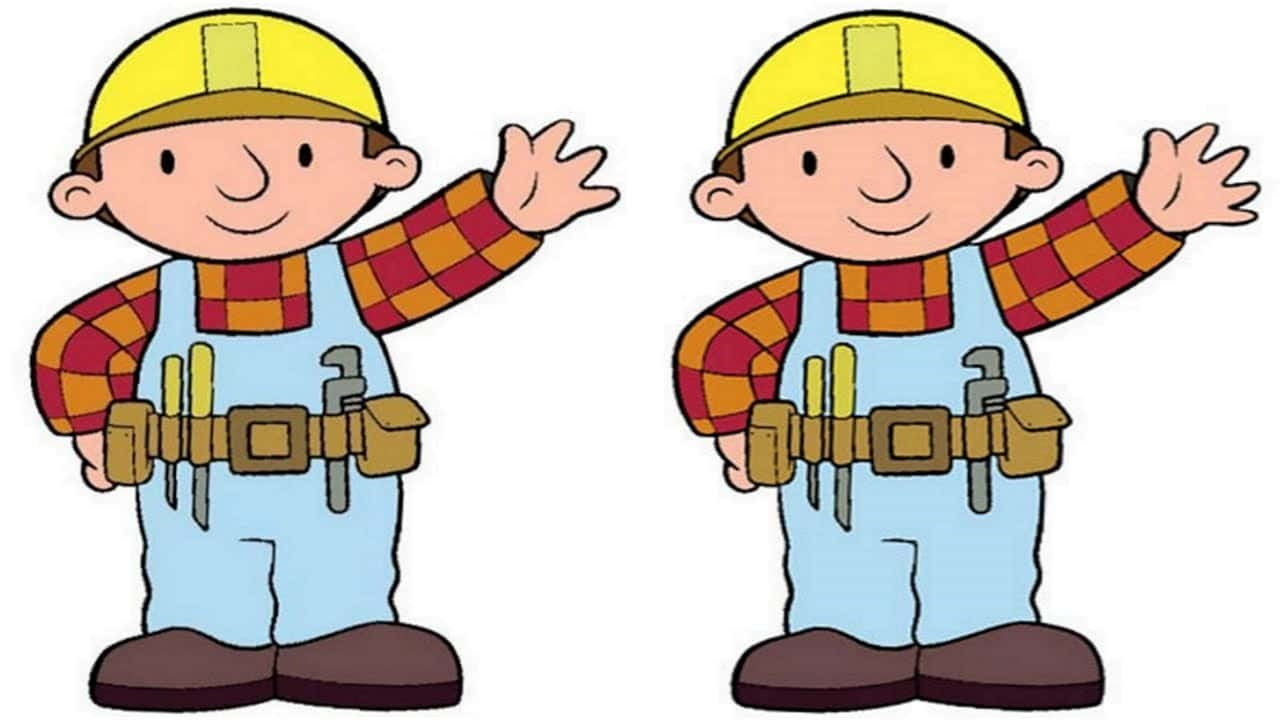 YouTube
YouTube
3. Black Market Skin
In Japan, tattoos are still extremely frowned upon because of their link to the Yakuza. Because of this, getting a tattoo in Japan is a highly expensive endeavor, as there are very few artists in the country. Occasionally, a Yakuza family will pay for someone’s tattoo on the condition that they "take what’s theirs" upon the person’s death. The "art" is so valuable that it is sometimes peeled off the owner's corpse, sold on the black market, and even displayed in galleries.
2. Samurai Sword
The Katana, the traditional sword of a Samurai, is still used as a weapon of death by the Yakuza. The swords have been used in several high-profile murders such as that of Fujifilm vice president Juntaro Suzuki, who was killed in 1994 for refusing to bribe Yakuza members.
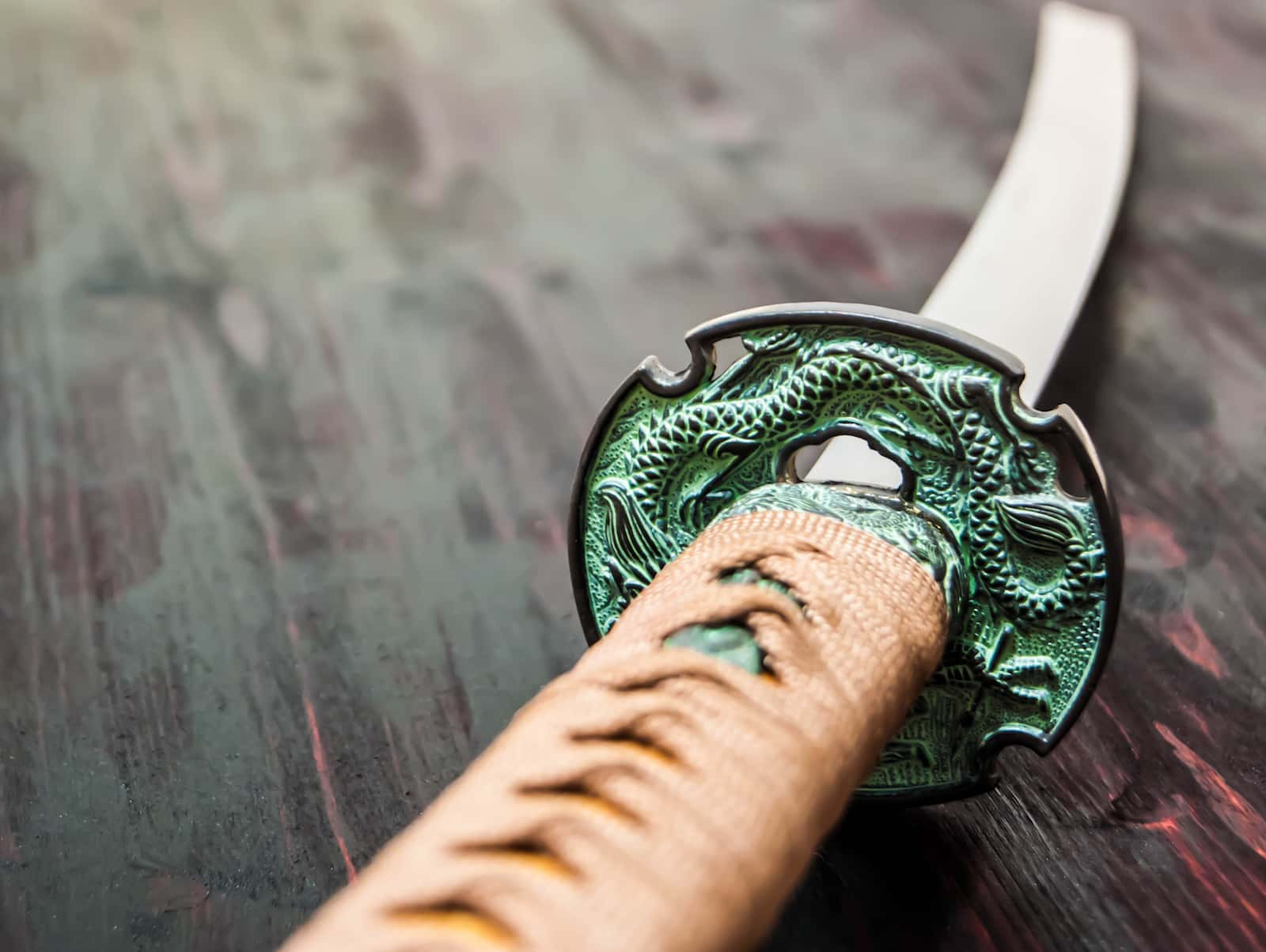 Asia Times
Asia Times
1. Japanese Godfather
Kazuo Taoka, known as the “Godfather of Godfathers,” was the third boss of the largest Yakuza organization between 1946-1981. He grew up an orphan, and eventually took to streetfighting in Kobe under the direction of his eventual boss Noboru Yamaguchi. His signature move of clawing at his opponent’s eyes earned him the nickname “The Bear.” In 1978, he was shot in the back of the neck by a rival gang member at a nightclub in Kyoto but survived. Weeks later, his attacker was found dead in woods near Kobe. I think I can figure out that mystery.

